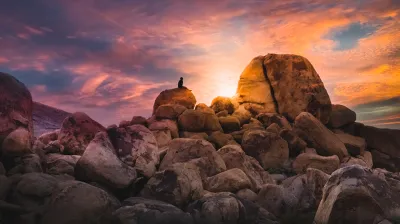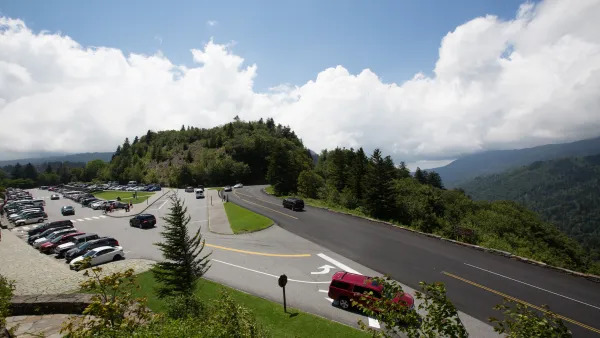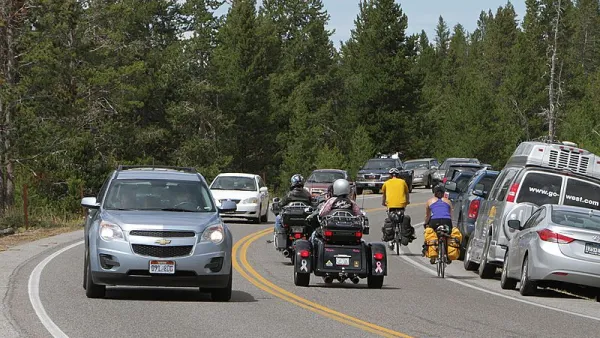To travel ethically, visitors to national parks need to be more mindful and better understand the history of the parks and their impacts on these spaces and surrounding communities.

The great outdoors have been incredibly popular with the public during these COVID times. Numerous studies and articles provide evidence of this, with examples including "Return of the National Parks," "National Forests Were Highly Popular in 2020," "Parks Overwhelmed by Record Numbers of Visitors," and "Avoiding Crowds at National Parks."
In this article, Amanda Machado discusses an aspect of outdoor travel that is often overlooked or neglected: how to travel in a socially and environmentally responsible way given that the national park system was built upon land stolen from Native Americans. As Machado explains, we really need to consider how "the way we take advantage of our national parks has often caused harm: the genocide of Indigenous communities to make 'space' for outdoor recreation, the unmanageable waste that accumulates from large crowds of tourists, the scarcity of resources for people living near parks."
The article offers four tips for travelers to think about before their next visit to a national park:
- Research how the pandemic has affected local communities surrounding national parks.
- Consider alternatives to popular tourist destinations.
- Seek out opportunities to acknowledge Indigenous communities.
- Explore ways to abandon the mindset of chasing after "pristine wilderness"
For details on each tip, please read the source article.
FULL STORY: Wanderlust and stolen land: how to mindfully explore the American outdoors

National Parks Layoffs Will Cause Communities to Lose Billions
Thousands of essential park workers were laid off this week, just before the busy spring break season.

Retro-silient?: America’s First “Eco-burb,” The Woodlands Turns 50
A master-planned community north of Houston offers lessons on green infrastructure and resilient design, but falls short of its founder’s lofty affordability and walkability goals.

Delivering for America Plan Will Downgrade Mail Service in at Least 49.5 Percent of Zip Codes
Republican and Democrat lawmakers criticize the plan for its disproportionate negative impact on rural communities.

Test News Post 1
This is a summary

Test News Headline 46
Test for the image on the front page.

Balancing Bombs and Butterflies: How the National Guard Protects a Rare Species
The National Guard at Fort Indiantown Gap uses GIS technology and land management strategies to balance military training with conservation efforts, ensuring the survival of the rare eastern regal fritillary butterfly.
Urban Design for Planners 1: Software Tools
This six-course series explores essential urban design concepts using open source software and equips planners with the tools they need to participate fully in the urban design process.
Planning for Universal Design
Learn the tools for implementing Universal Design in planning regulations.
EMC Planning Group, Inc.
Planetizen
Planetizen
Mpact (formerly Rail~Volution)
Great Falls Development Authority, Inc.
HUDs Office of Policy Development and Research
NYU Wagner Graduate School of Public Service




























